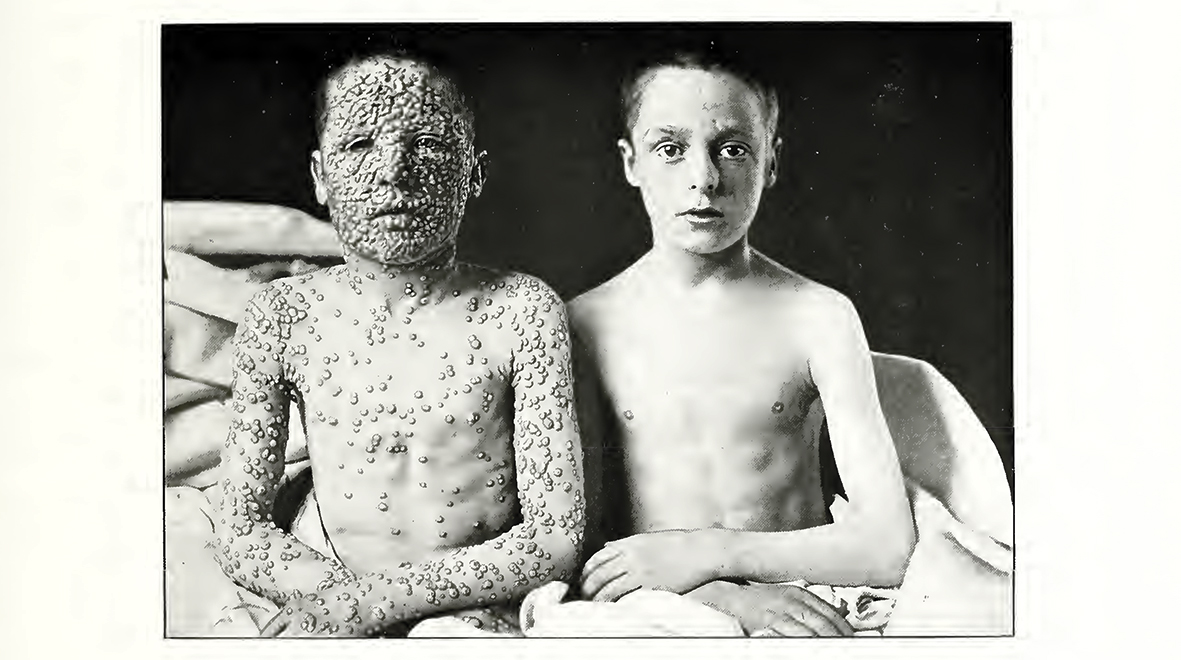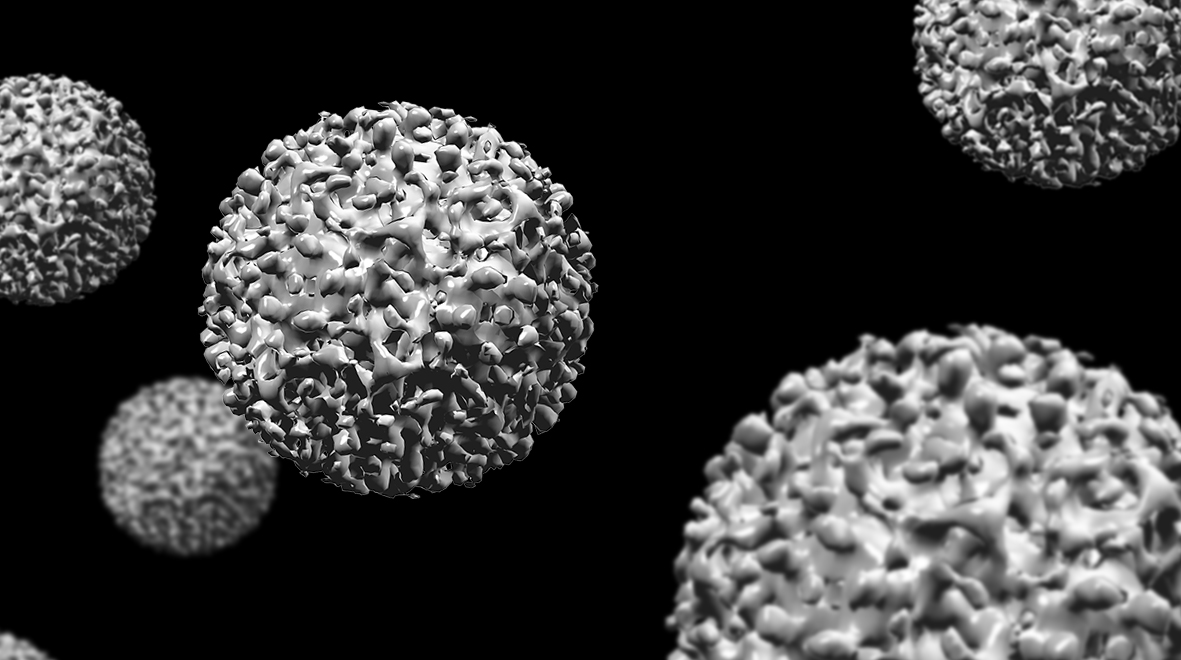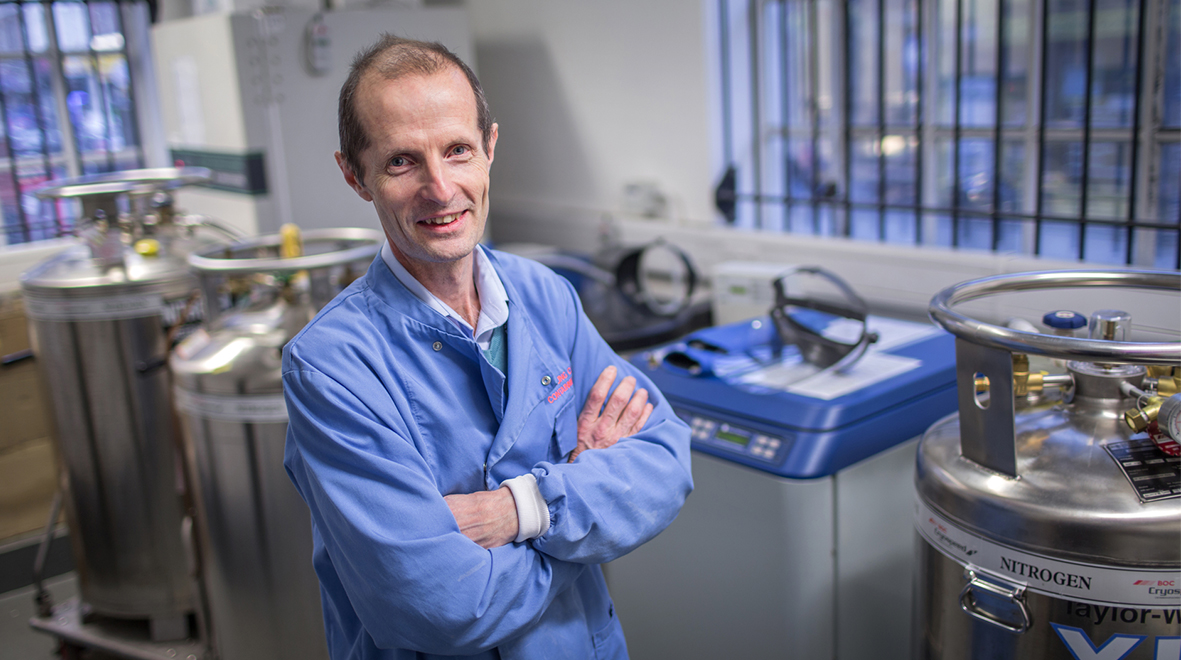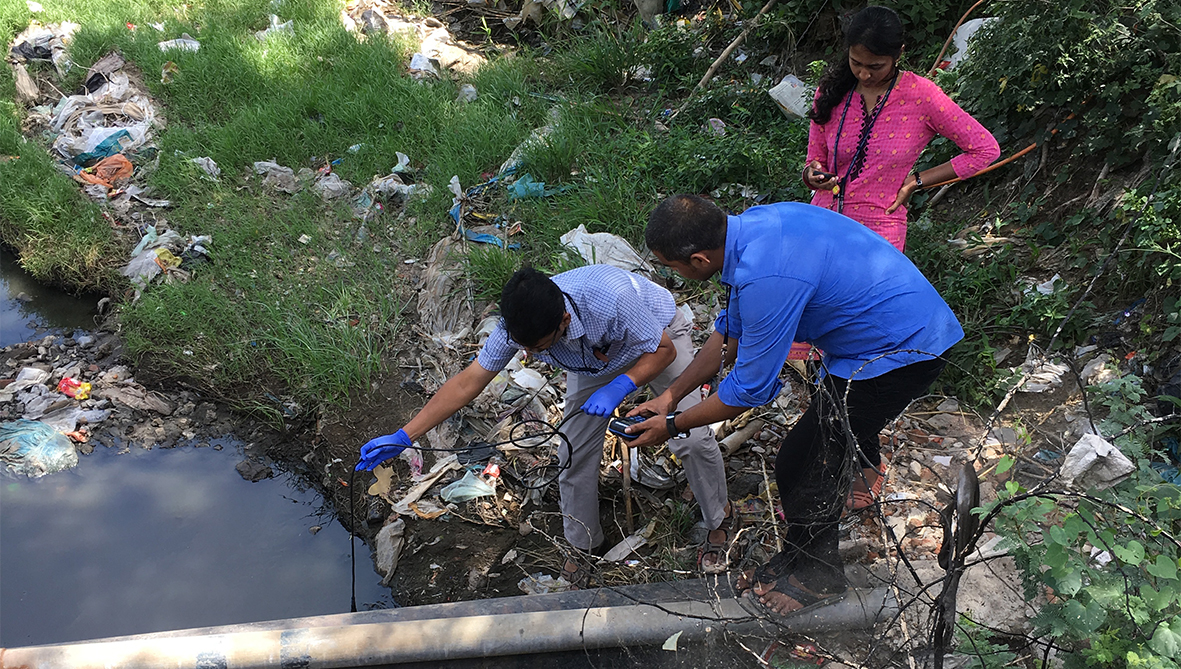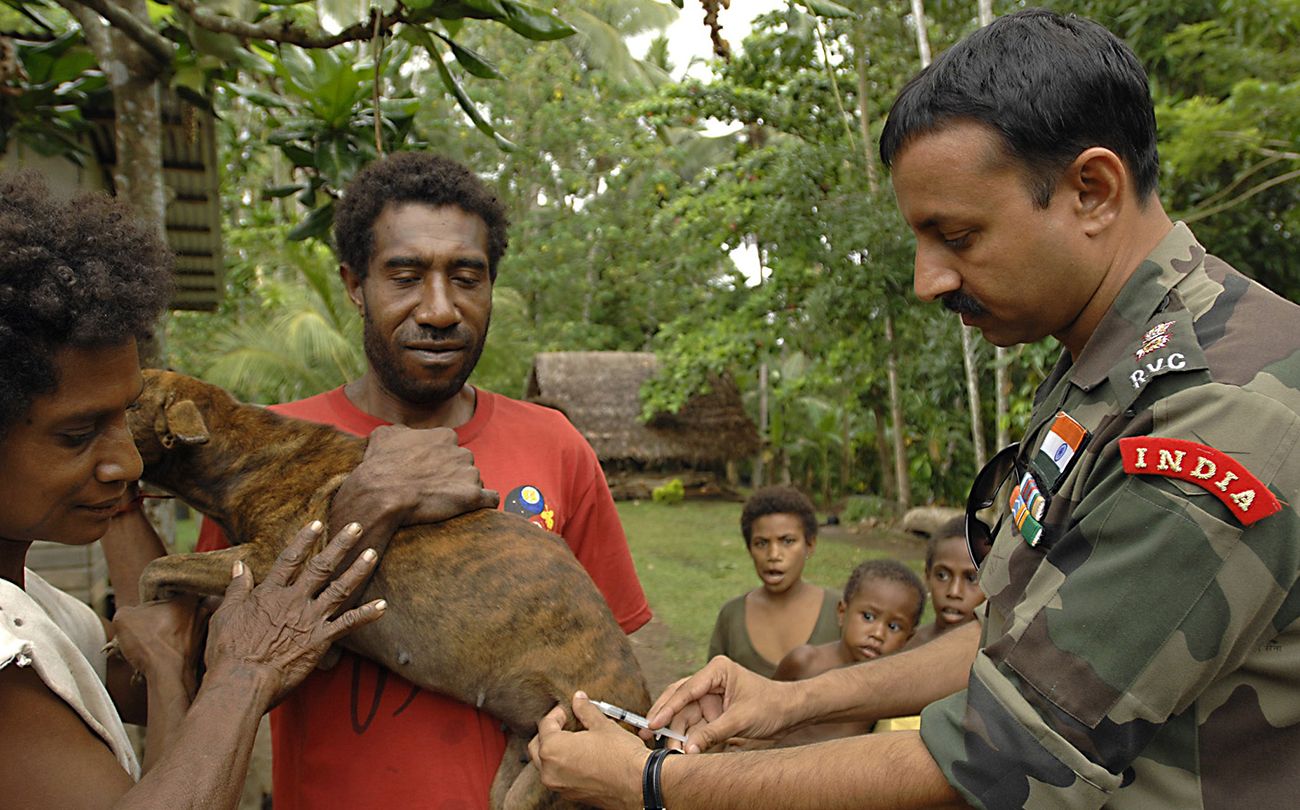How reconstructing the past hepatitis B epidemic can help prevent liver cancer in the future
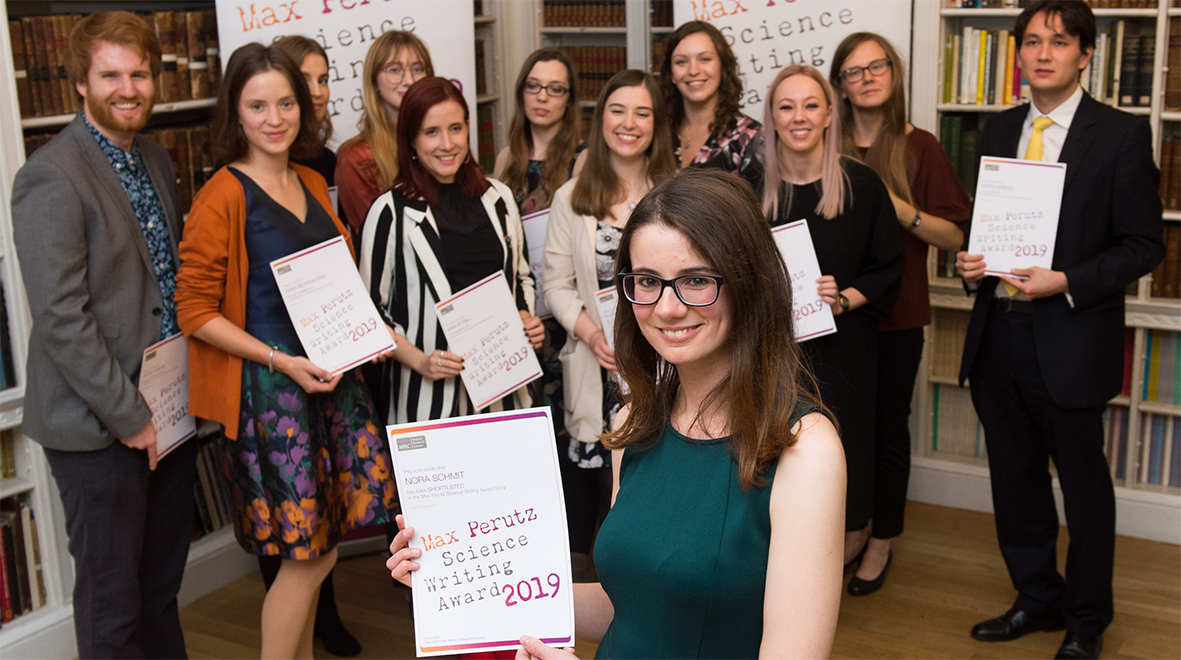
Nora Schmit was shortlisted for the MRC Max Perutz Science Writing Award 2019 for the following article on her PhD research on predicting the impact of treatment for hepatitis B infection on preventing liver cancer in The Gambia.
What’s the first thing that comes to your mind when you think of cancer prevention? Maybe you’re thinking of not smoking or maintaining a healthy weight – great strategies to reduce your chance of getting cancer.
But did you know that the hepatitis B vaccine, introduced in the 1980s, has long protected children in many parts of the world from developing one of the most common and deadliest cancers later in life?
Although most people have no symptoms when they first become infected, the hepatitis B virus is the leading cause of liver cancer worldwide. Large-scale efforts to tackle the virus using vaccination have been hugely successful in preventing infections in children. Despite this remarkable achievement, hepatitis B infections are still very common and nearly a million people die from its consequences every year. With around 6% of all people living in Africa currently infected, the death toll there is expected to rise even further.
But while a liver cancer diagnosis is nearly always fatal, treating the infection is possible with the same drugs that work against HIV. So why do so few people receive these drugs, when over half of all liver cancer deaths globally are preventable? (more…)
